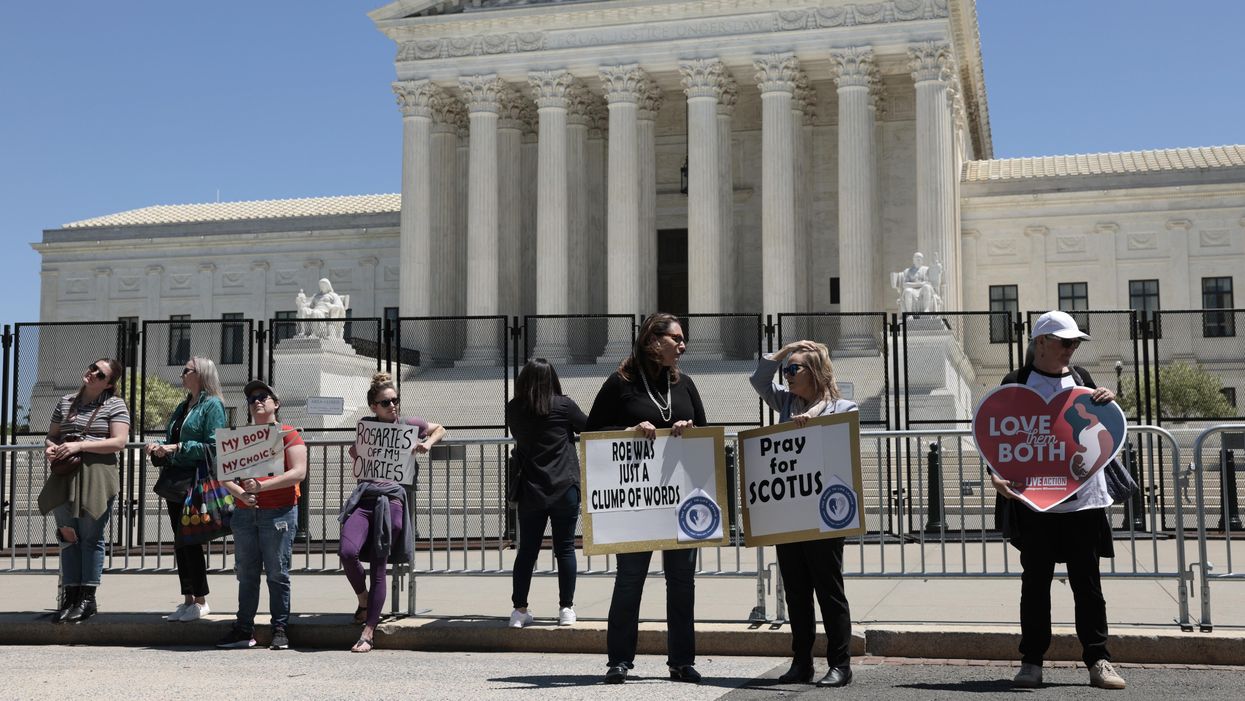Molineaux is co-publisher of The Fulcrum and president/CEO of the Bridge Alliance Education Fund.
The shadowy politics industry is a wolf in sheep’s clothing. Many Americans don’t know this industry exists. Before the 1990s, there were elections managers who helped candidates get elected. Often, these people might work for either political party. But during the Clinton administration something changed. A harder, more partisan approach became vogue. Then came the Citizens United decision, unleashing Super PACs and a new nirvana for political manipulators.
Technology advances were part of the equation, too. As our ability to target people with custom messages evolved, the new politics industry advanced to take advantage of the new technology. And then came social media to provide additional tools and niche marketing. Candidates are packaged in a formulaic manner to win elections. “Common good” ideals seem quaint by comparison.
This evolution was brought on by the politics industry of electioneers, party loyalists, marketers and conflict entrepreneurs, who together contribute to the toxic polarization we see in society. Individually, they are part of a Manhattan-like project, compartmentalized from one another, working their part of an election to subvert the common good in favor of winning elections. It’s time we have second thoughts about the value of winning “at any cost.”
The politics industry has brought us:
- All-or-nothing thinking.
- A disregard for the process of democracy.
- Paranoia that “they” are out to get us.
- Viewing other Americans as the enemy and/or evil.
- Nothing can happen unless we win.
- News bubbles that disallow for multiple viewpoints.
- A flawed census.
- An on going insurrection movement.
Collectively, our social norms have been eroded, exploded and imploded to the point where appeals to our basest survival instincts are used to create conflict among Americans. This is how nations fall. Appeals to our first instinct – that survival instinct – which resides in every human brain, easily manipulate and fool us into thinking our actions are righteous. They are not.
It is only on second thought, when we look around and see that our survival, in reality, is not at risk. Once we assure our survival, then we can engage with critical thinking. We can question “the answer” presented in front of us by the politics industry that “those people or ideas are evil.” We should stop and ask ourselves if there is another explanation and explore multiple perspectives.
In the wake of the leaked memo about the potential – and likely – Supreme Court decision overturning of Roe v. Wade, I received more than 50 appeals for money. Likely you did too. The politics industry will not let a controversy play out in the media when its practitioners could enrich themselves with campaign cash to lambast their opponents.
I am angry about this subversion of our democratic process.
Women’s health, like everyone’s health, is an issue I care deeply about. Yet I resist the knee-jerk reaction to be outraged or donate money to support my perspective. My outrage and money will not be used to support the politics industry that has taught us to follow our first (base) instinct instead of our second (rational) thoughts.
Like so many matters, this is a wedge issue that the politics industry is using to its advantage and our downfall. Maybe you recognize some of the other issues used in every election cycle?
- Gun rights and gun control.
- Immigration.
- Gender and sexuality.
- Vaccines.
- Free speech.
I posit that most Americans don’t realize the extent to which our thinking has been influenced by this shadow industry. Each of us believes our thinking to be infallible, because we live in our information bubbles without challenges.
This is our biggest danger.
It’s time we have second thoughts about any demonization of others. We need spaces and relationships to test what we believe using our critical thinking skills. When we challenge each other, we become stronger. We reweave our social fabric to co-create new social norms. The politics industry doesn’t want us talking to each other. It makes their job of winning elections harder. I say, let it be hard to subvert democracy.
Are we brave enough to follow our second thoughts?




















Trump & Hegseth gave Mark Kelly a huge 2028 gift